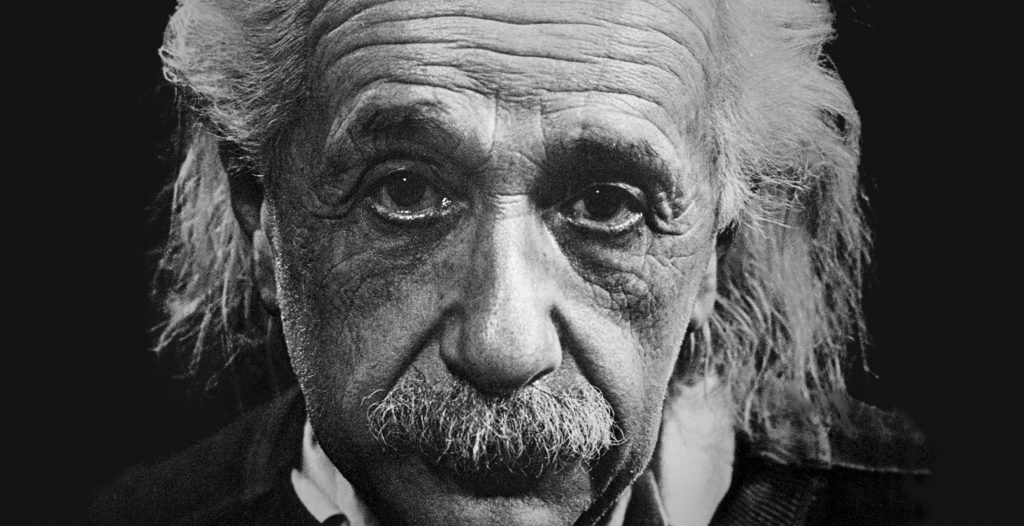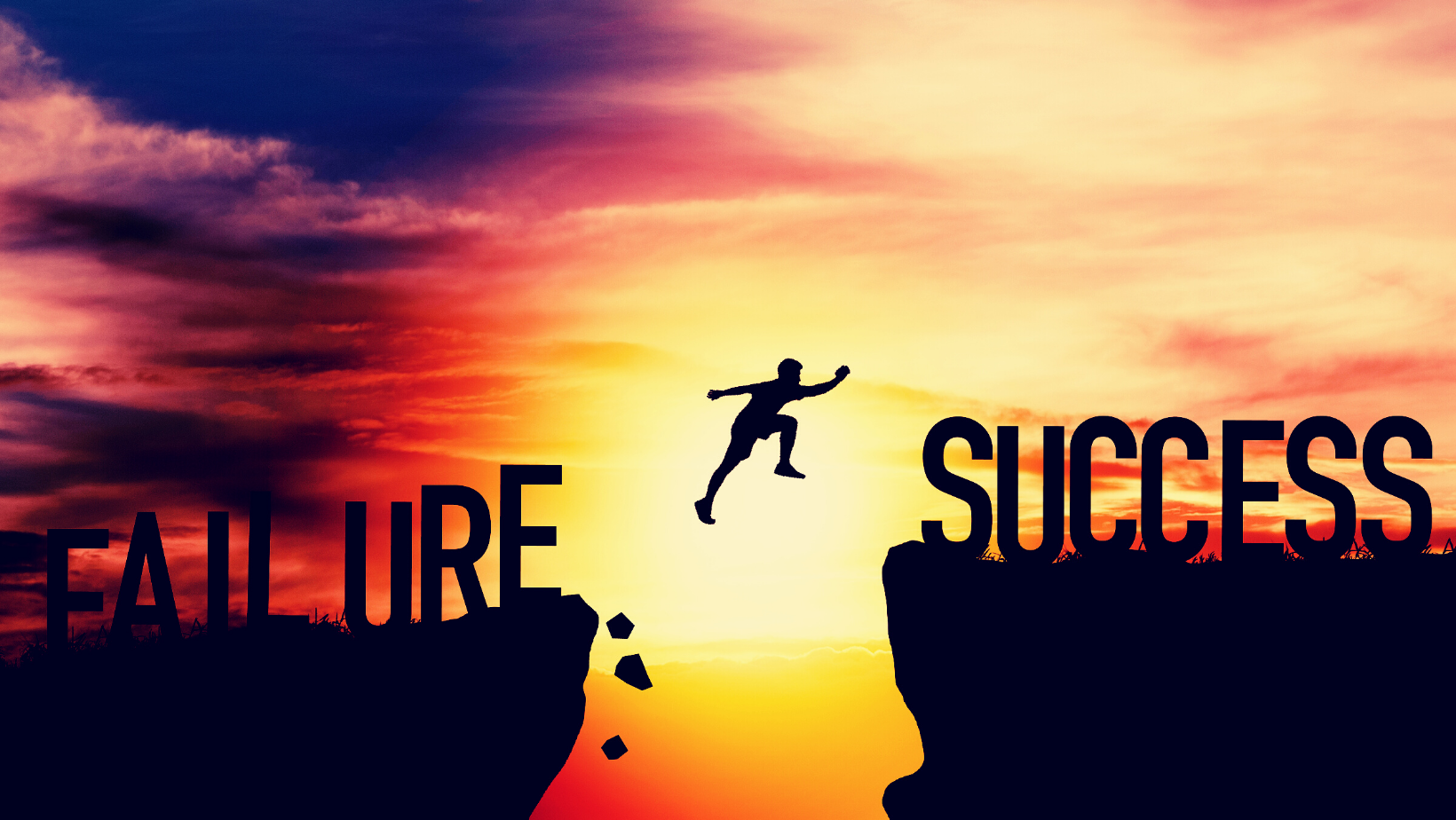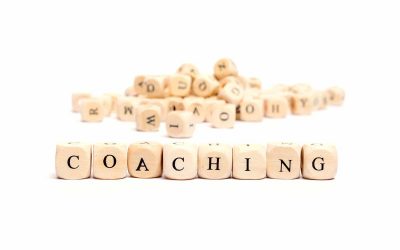Success is not an overnight phenomenon. In fact, some of the most successful people have not only had to build their success from the ground up, but they have also had to turn failure to fortune. In these three success stories we can find a swathe lessons to help you to meet your goals.
The though of tossing the towel in can feel like the only option when we face failures, and sometimes it can be so hard to see how we are progressing that we can feel like we are stuck. Fear not though! Follow Transcend Coaching’s advice and use these famous figures to give you inspiration to achieve great things!
Bill Gates

Bill Gates was, at 31, (once) the world’s youngest billionaire. He is a co-founder of Microsoft one of the huge tech companies which underpins the modern world. HE is renowned for his tremendous charitable works, including building villages and providing medication to the third world. Yet he wasn’t always a massive success.
Many point to the fact that he dropped out of Harvard as an example of a failure, but it’s not. He chose to drop out of Harvard in order to focus his efforts on Microsoft. No, Gates’ big failure was a little company called ‘Traf-o-Data’.
His company had created a device to read traffic data and process it. The Traf-O-Data 8008. Upon taking it to the local government for demonstration they ran into a snag. The machine just didn’t work.
Gates and his business partner Paul Allen acknowledge that the experience of the epic failure was a major stepping-stone to helping them to create the global monster corporation, Microsoft.
Gates is worth over $129 billion.
Albert Einstein
The name Einstein is now literally synonymous with absolute genius. A Nobel Prize winner, he came to define an entire field of physics. He also gave us one of the most famous equations – E=MC2 (though perhaps not as many people know what it means as know the equation itself – here’s a simplified explanation).

That aside though, what did he come from? Are his roots as high flying and his theories?
No.
As a child he was unable to speak with fluency until he was 9 years old, he actually didn’t even start using any words until he was 2 years old. He was expelled from school and later failed his University exams. When he did get into university, he graduated bottom of his class.
Not only all of that, but his actual pursuit of academic and scientific excellence led him down a dark path where he would divorce his wife, lose his children and ultimately become both physically and mentally ill.
And then he went and redefined physics for the entire world with his theories of relativity that were so far beyond the science of his day that they weren’t even nearly proven until much much later.
Walt Disney
The House of Mouse is very literally one of the largest and most powerful media outlets in the modern world. Disney own huge numbers of significant companies and is definitely a great deal more than just a Mickey Mouse operation.
What of the company’s namesake?

Walt Disney dropped out of school to try to join the army. He failed. He also set-up Laugh-o-Gram Studios which went bankrupt because he had no idea of how to actually run a business. He was even once fired by a newspaper because they thought he didn’t have enough creativity!
And yet, he went on to launch an empire that would continue to grow well after his death.
What are the lessons we can take away from these failures to fortune?
At Transcend Coaching we know that one of the greatest lessons we can draw is that of perseverance. The mantra of persistent, consistent, insistent. Failure is just feedback on the route to success and we must remember that every failure or setback we have is merely a lesson that we learn to help us to improve. This is one of the biggest challenges we face coaching small businesses.
James Dyson famously created 5127 prototypes of his now famous vacuum cleaner before he found success. This is the very definition of perseverance. One of our first lessons at Transcend Coaching is how to look at failure and setback and use it to make productive progress. Small Business Consultancy relies on a coaching process where you are allowed to fail and to be able to learn from mistakes.
These three examples of success stories have a great deal to teach us and certainly help a small-business consultancy like us provide excellent examples of behaviours to replicate! Be brave businesses of the West Midlands and keep head up high, you never know where the next road will lead.
Perhaps it will lead you to us here at Transcend Coaching? Get in touch to see if our small business consulting skills are what you need to take the next step as a business and to continue to grow.
‘Around here we don’t look backwards for very long. We keep moving forward, opening up new doors and doing new things, because we’re curious…and curiosity keeps leading us down new paths.’
Walt Disney
Transcend Coaching is a small business consultant and life coach offering business management coaching and personal coaching. We primarily serve businesses and individuals in Wolverhampton, Birmingham, Walsall, Dudley and the West Midlands but we can help nationwide. Whatever your needs – whether you are attempting to hit sales targets, achieve personal goals or start-up your own business Transcend Coaching is here to help you. Get in touch today for a free consultation!







